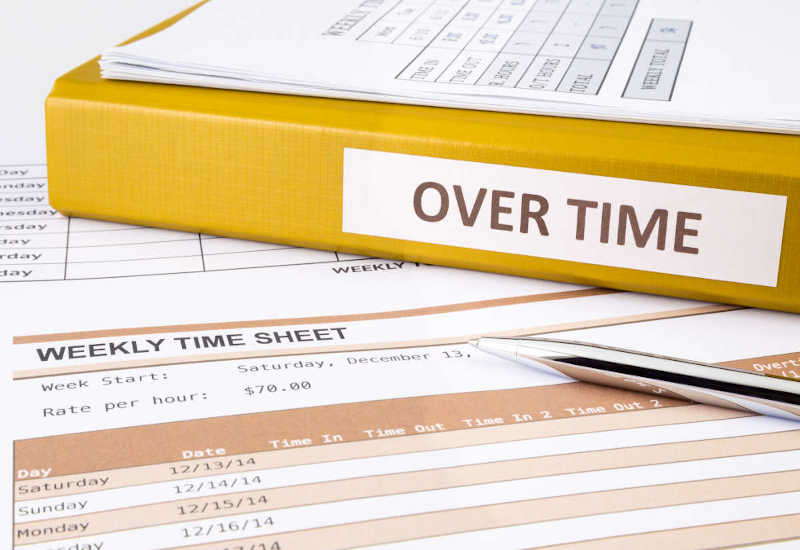Class actions have been in the news a lot this year after Congress passed a law that effectively eliminates consumers’ ability to pursue such cases against financial institutions. Companies are now allowed to include mandatory arbitration clauses in their contracts, forcing consumers to litigate their claims in private and prohibiting them from sharing their experience with the public.
For the past five years, the Consumer Financial Protection Bureau (CFPB) worked on a bill to prevent forced arbitration clauses like this, but the House of Representatives voted to strike the CFPB’s proposed rule in March, and the Senate followed suit in October.
Although forced arbitration clauses were opposed by consumer advocacy groups, the President signed the bill to the delight of banks and big corporations.
This legislative strike allows financial institutions to include class action waiver clauses in their arbitration agreements, which effectively take class actions against them off the table. Such clauses prevent consumers from banding together to collectively litigate their claims, requiring them to go it alone against big businesses.
Why class actions are important
Class actions are important in many ways. They are necessary to protect the rights of consumers, employees, and others when companies behave badly. Class actions make particular sense in situations where individual cases would be impractical, such as when the amount of damages sought is less than even the cost of taking legal action.
For example, if a bank makes unlawful charges to its customers, an individual consumer with hundreds, or even thousands, of dollars of damages is unlikely to pursue a case against the bank since it would involve significant litigation costs, expert bills, and attorney’s fees. But a group of plaintiffs could join together to recover damages for themselves and all other consumers in a way that affects real change. If the bank has an arbitration agreement with a class action waiver clause, however, the individual consumer is left without options.
What happens when companies aren’t accountable
Eliminating the possibility of class action lawsuits gives companies a free pass, one that could hurt millions of Americans by taking away their right to recovery. It lets companies do as they please without the threat of accountability if things go wrong.
If it was your life savings caught up in a Ponzi scheme or your data stolen in a data breach, a class action may be the only avenue you have.
How class actions have affected our lives
Class actions have brought about real change, the effects of which are felt every day. Now more than ever, consumers want to choose who they do business with. The way companies handle complaints, as well as how their values are expressed, are key metrics in measuring success.
Class actions addressing unpaid wages, consumer fraud, and discrimination have put money back in individuals’ pockets and forced companies to treat people fairly, provide services equally, and be transparent in their policies. There is also greater accuracy and detail in advertising that you receive, disclosures on products that you purchase, and accountability for your data – all because of class actions.


